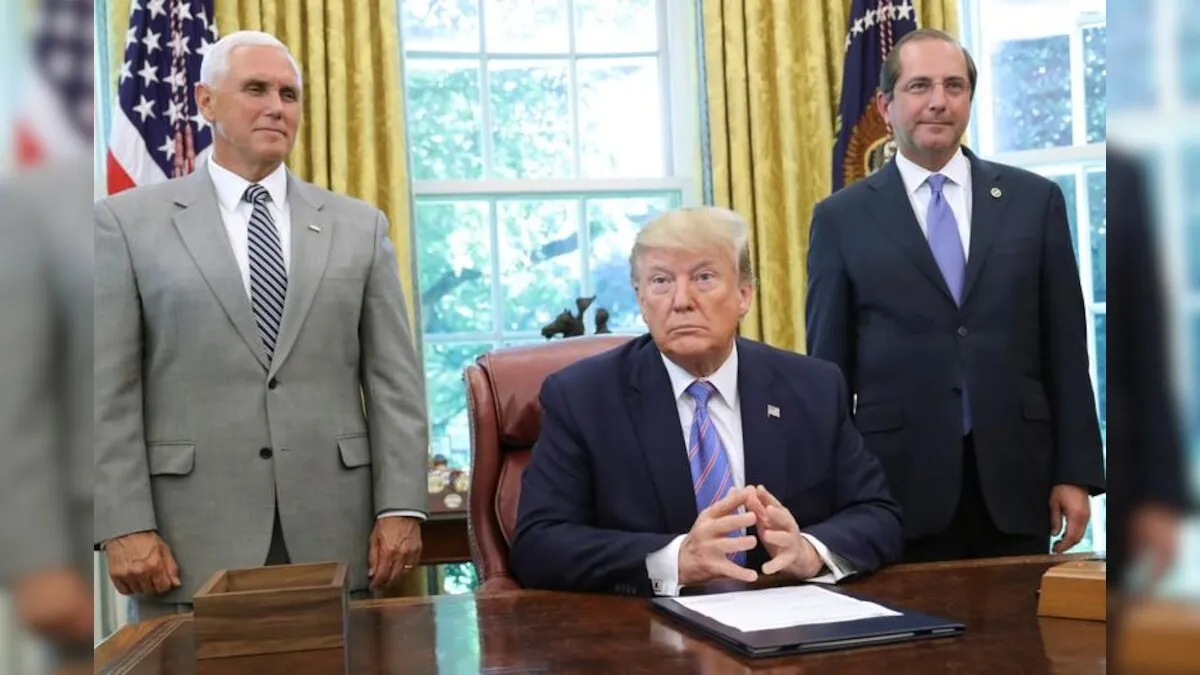
In Unholy Kingdom, Malise Ruthven critically examines Saudi Arabia under Crown Prince Mohammed bin Salman (MBS). He explores MBS’s rise to power, highlighting his unpredictable behavior and authoritarian tendencies. Ruthven argues that beneath the prince’s image of reform lies a deeply controlling leadership style.
The book scrutinizes Saudi Arabia’s attempts to modernize while continuing to suppress political dissent. Ruthven points to ongoing human rights abuses and corruption, suggesting that economic and social changes serve more as a façade than genuine progress.
A key focus is the kingdom’s relationship with Wahhabism, the conservative Islamic ideology that has long shaped Saudi identity. Ruthven discusses how MBS tries to balance religious influence with his vision of a more globally integrated Saudi Arabia.
Providing historical context, Ruthven traces the evolution of the Saudi state and its political structures. He examines how the country’s leadership has historically balanced tradition with modernization efforts and the pressures of international scrutiny.
Ultimately, Unholy Kingdom questions the sustainability of Saudi Arabia’s current trajectory. Ruthven challenges the idea that economic transformation alone can bring meaningful change while authoritarianism remains firmly in place.




